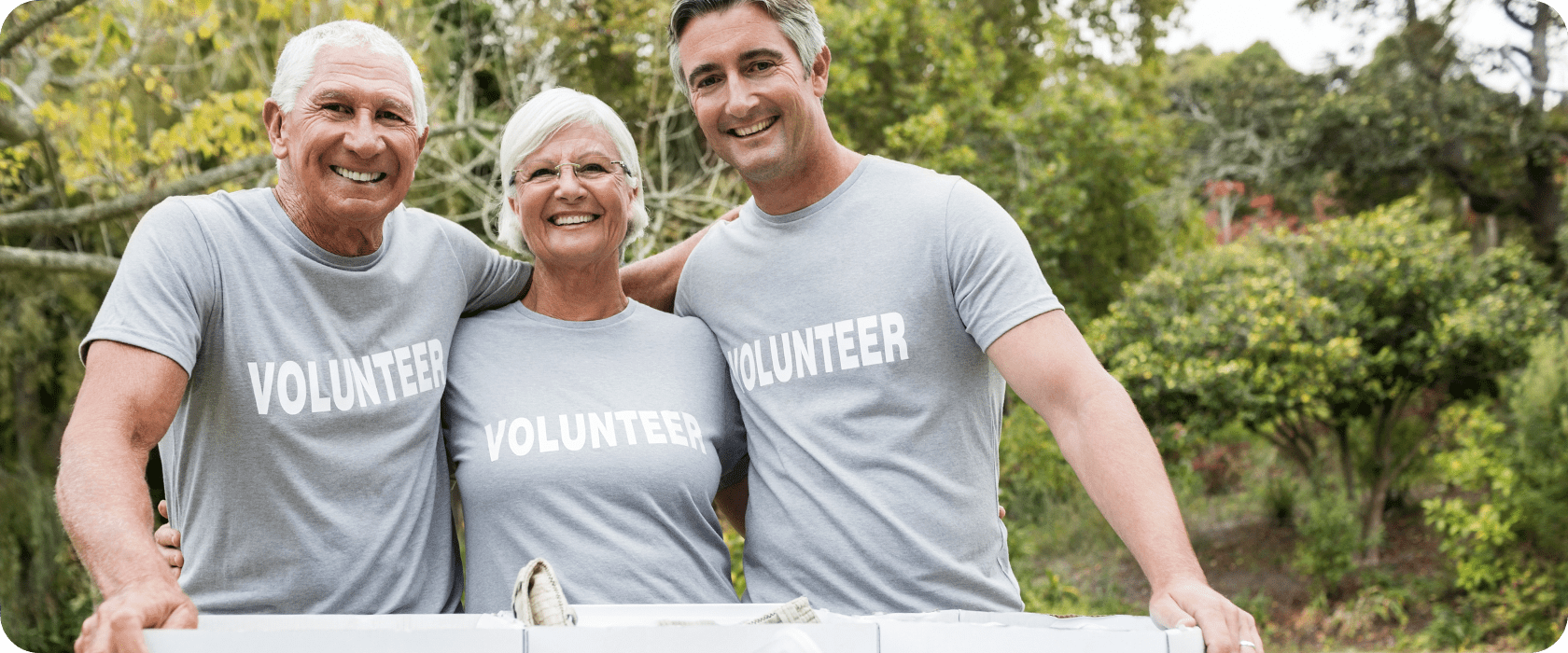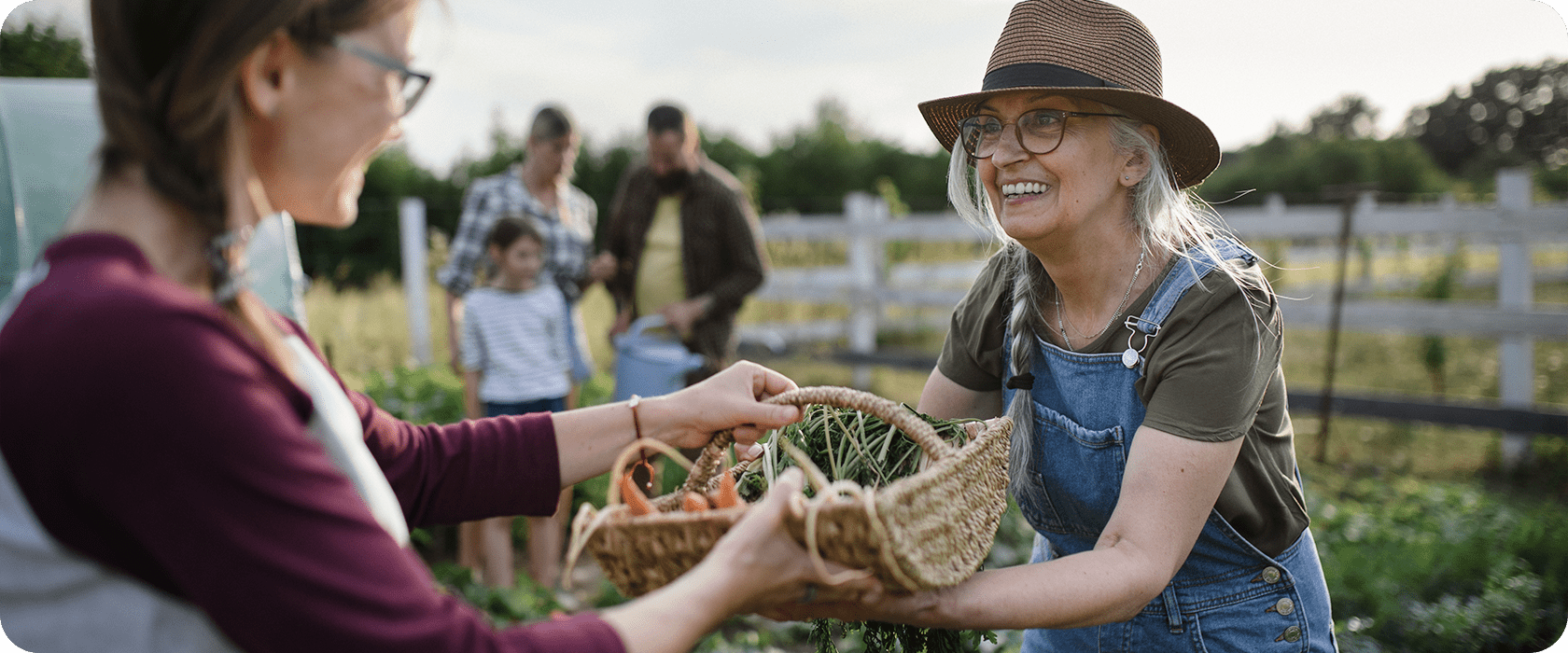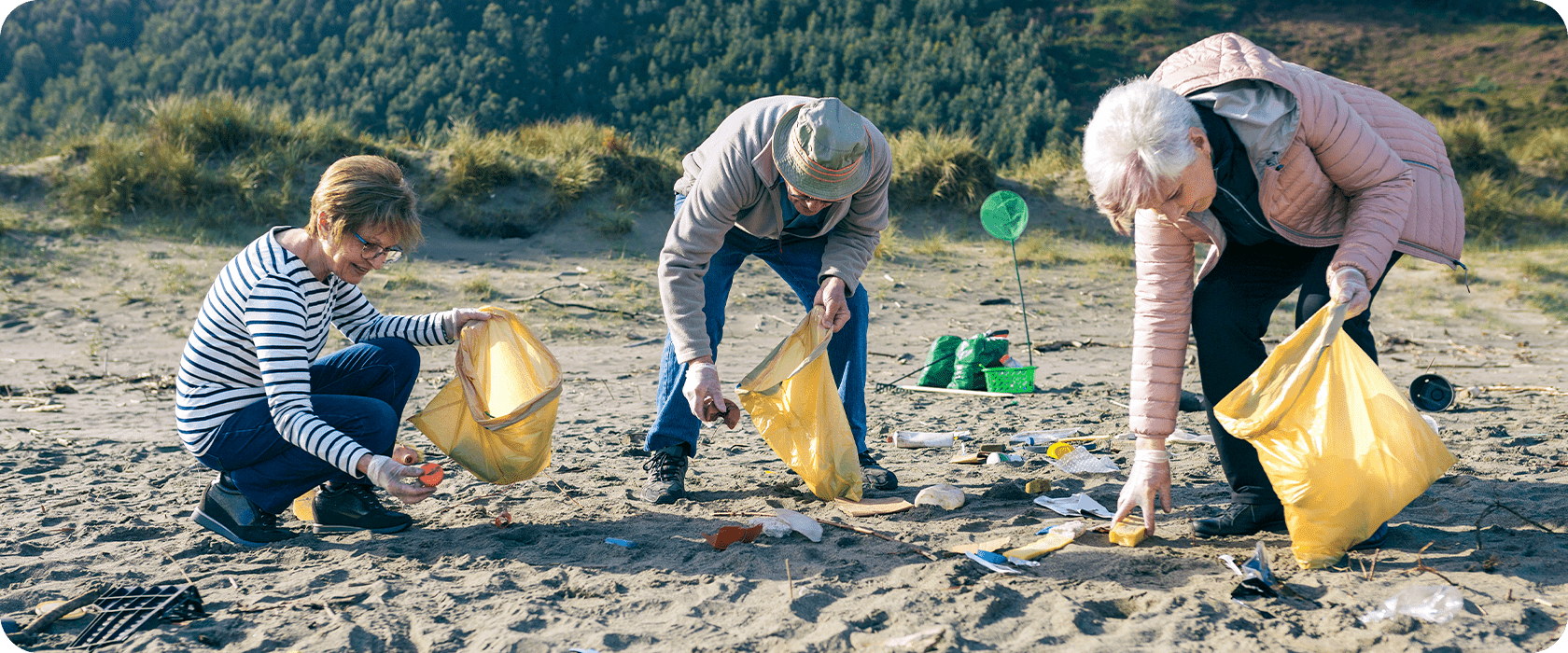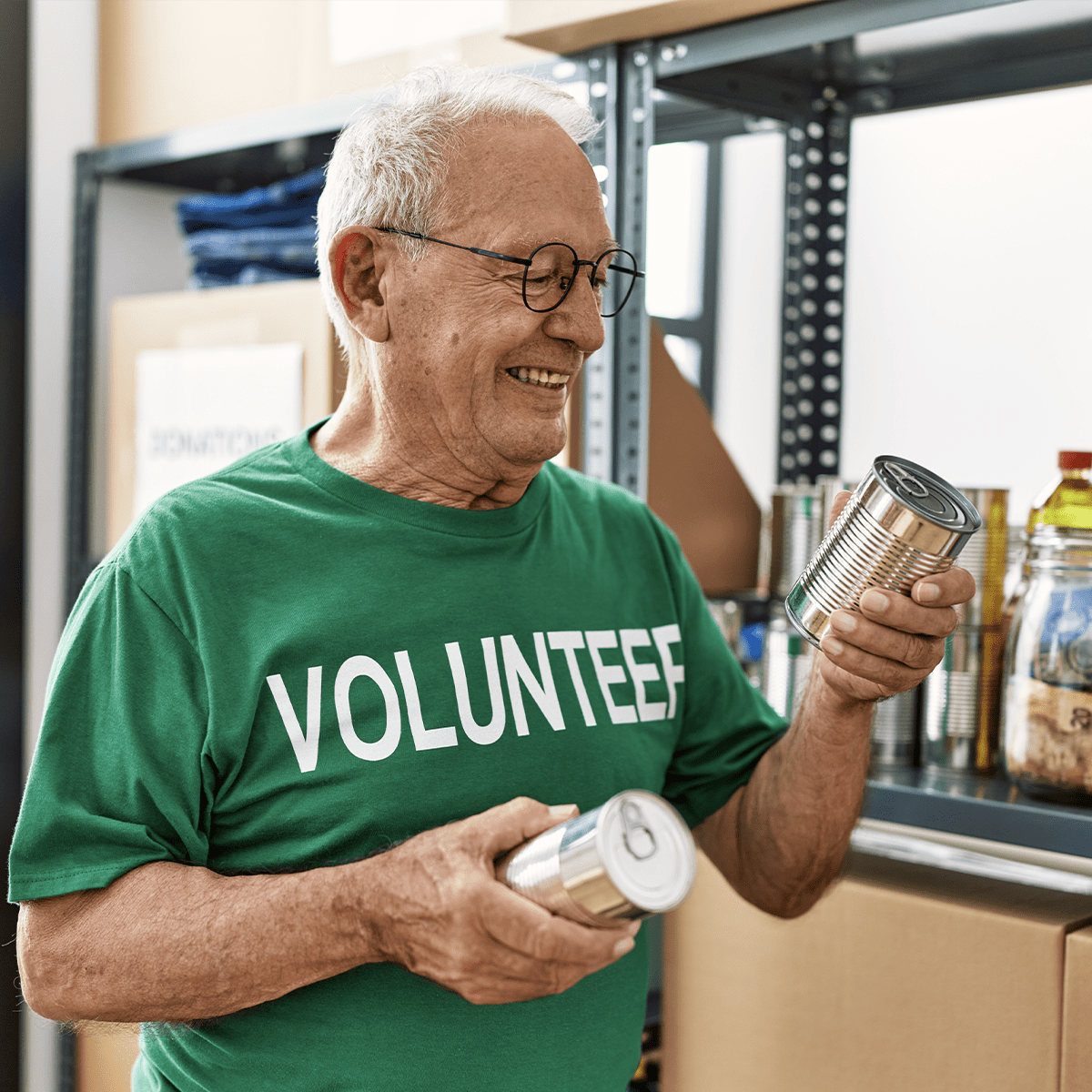Exploring the Benefits of Volunteering for Seniors

Volunteering can be a rewarding experience for seniors, offering many benefits for your body and mind while also helping your community. Scientific studies tell us connecting with others to create positive change in the lives of others might also create positive change in our own lives. The evidence suggests getting involved can benefit our general health, leading many doctors to recommend volunteer work for seniors to keep their minds and bodies active.
Emotional and Social Benefits

One of the most valuable aspects of volunteer work is the social connections you’ll make. By participating in volunteer activities for seniors, you’ll meet people who share your interests and values. These new friendships can add depth to your life and expand your social circles, providing you with a support network and companionship. Working with others towards a common goal is a wonderful way to stay connected and feel part of your community. These interactions can help combat feelings of isolation and loneliness, which are often common concerns for older adults.
Volunteer work often brings a sense of purpose and fulfillment. Contributing to causes that matter can boost self-esteem. Many seniors find that volunteering allows them to use their skills and experiences in valuable ways, strengthening their sense of worth and contribution to society.
Mental Stimulation and Cognitive Benefits
Volunteering can help keep the mind active and sharp. Many volunteer roles involve learning new skills or information, which can be beneficial for general cognitive health. Research also shows that taking part in volunteer work can lower rates of depression and anxiety in older adults.
Whether through organizing events, learning about local history to give tours, or trying new technologies, volunteering opens your mind to new experiences and perspectives. This learning can help maintain cognitive function, potentially reducing the risk of cognitive decline while helping contribute to overall well-being.
Physical Health Benefits

While not all volunteer work is physically demanding, many opportunities involve some level of physical activity. This can range from light tasks like sorting donations at a food bank to more active roles such as helping tend to community gardens or walking dogs at animal shelters. Regular physical activity, even if it doesn’t break a sweat, can contribute to better overall health, improved mobility, and increased energy levels.
Volunteering has also been proven to reduce stress in seniors and older adults. Taking part in volunteer work and finding joy in the process increases positivity and relaxation. Stress can often lead to a higher risk of physical and mental problems, such as heart disease, stroke, depression, and other serious issues. Volunteers often experience lower stress levels after becoming involved in their local communities, which becomes even more important as we age.
Professional Skills-Based Volunteering
One exciting trend in senior volunteering is the rise of professional skills-based opportunities. Many retirees are finding fulfillment by giving back through their professional expertise. This approach not only benefits the community but also keeps seniors engaged with their lifelong skills and knowledge.
Consider these innovative ways to volunteer professionally:
- Mentoring young professionals in your field
- Consulting for non-profits in areas like finance, marketing, or operations
- Teaching classes at community centers or libraries on topics from your career
- Helping small businesses or startups with strategy and planning
- Assisting with grant writing for local charities
These opportunities allow seniors to stay connected to their professional identities while making a significant impact in their communities.
Volunteer Causes and Programs
There are many resources to help connect seniors with volunteer opportunities in their own communities as well as over the phone or online. Some noteworthy programs include:
- AARP foundation tax-aide: Provide free tax preparation assistance to people with low to moderate incomes
- Driver safety: Educate older adults on safe driving techniques and strategies
- Experience corps: Help children improve their reading skills and make intergenerational connections
- Fraud watch network: Empower others to spot and avoid scams
- Create the Good: Connect with a variety of flexible volunteer opportunities in your local area
Programs like these showcase how seniors can leverage their skills and experiences in meaningful ways, from financial expertise to life wisdom.
Community Impact

When you contribute your time and effort toward making a difference, you’ll see the positive outcomes of those actions across your community. Consider the following areas of interest and the different ways you can volunteer to help their efforts.
- Social services: Assisting at food banks, homeless shelters, or senior centers
- Education: Tutoring students or volunteering with a library
- Environment: Helping with conservation efforts or community clean-up projects
- Healthcare: Providing support in hospitals or health education programs
- Arts and culture: Help provide assistance at museums, theaters, or organize community cultural events
These efforts not only benefit the community but also help you stay connected to those around you.
Getting Started with Volunteering
For seniors interested in exploring volunteer opportunities, there are several resources to consider:
- Local senior centers often have information about volunteer activities for seniors and may even run their own programs.
- Online resources like AARP’s Create the Good platform can provide listings of senior volunteer opportunities in specific areas.
- Community organizations, such as libraries, museums, or parks, frequently seek volunteers for various roles.
- Retired senior volunteer programs, specifically designed for older adults, can be found in many communities.
- Local charities and service centers often welcome senior volunteers and can match individuals with suitable roles.
- Professional associations in your field may have programs for retirees to mentor or consult.
When selecting a volunteer opportunity, it’s important to consider personal interests, skills, and physical capabilities. Starting with a small commitment and increasing involvement over time can help you find a comfortable balance.
Volunteering in later life can be a source of joy, growth, and connection. It offers you a way to stay active, engaged, and valued while helping your community. By exploring volunteer opportunities, especially those that leverage your professional skills and life experiences, you can find new purpose and make a positive change in both your own life and the lives of those around you.
Whether you’re teaching a child to read, sharing your professional expertise with a nonprofit, or helping fellow seniors navigate technology, your contributions can have a lasting impact on your community and yourself.





